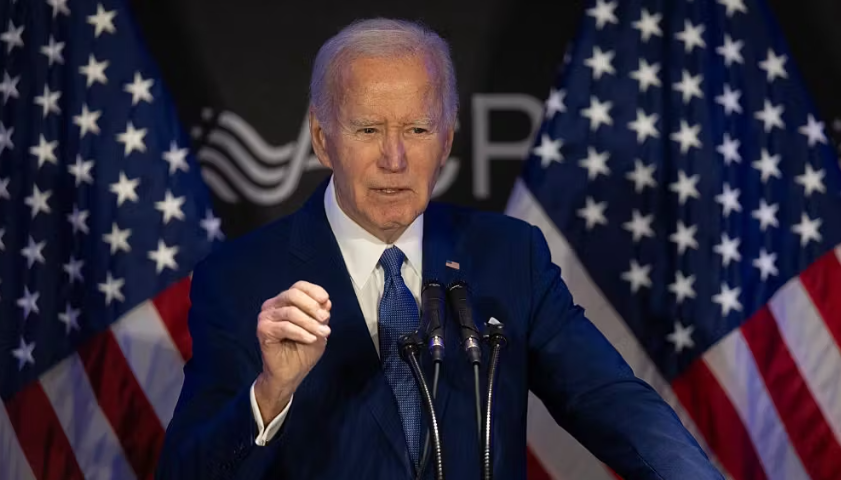Joe Biden Says His Accomplishments Are Disappearing ‘So Rapidly’ Under Trump
Former President Joe Biden lamented this week that his political legacy is unraveling at high speed under President Donald Trump.
Speaking at a human resources conference in San Diego hosted by the Society for Human Resource Management, Biden admitted that much of what he “worked so damn hard” to implement during his presidency is vanishing in real time.
“Many of the things I worked so damn hard, that I thought I changed in the country, are changing so rapidly,” Biden told attendees. The 82-year-old’s remarks marked his longest public speech since revealing his cancer diagnosis in May.
Biden also claimed that European leaders have been asking him to re-engage in global affairs to counter Trump’s influence. While insisting that he’s not actively participating in politics, Biden said, “I’m giving advice,” and claimed he’s fielding calls from European leaders seeking his input.
The current White House didn’t waste time firing back.
“No one is calling Joe Biden for advice,” White House spokeswoman Anna Kelly said in a statement. “His disastrous foreign policy left America weaker than ever before.”
Kelly pointed to President Trump’s ongoing diplomatic wins as proof of leadership strength: “Thanks to President Trump, NATO allies have made a historic 5% defense spending pledge, Iran’s nuclear capabilities are obliterated, and our country’s standing on the world stage is restored.”
Trump’s success in convincing nearly all NATO countries—except Spain—to commit 5% of GDP to defense was a major blow to the Biden-era narrative of soft diplomacy. The new standard includes 3.5% dedicated to direct military requirements and 1.5% toward critical infrastructure and national security resilience.
NATO Secretary General Mark Rutte praised the shift, saying, “There is absolute conviction with my colleagues at the table that, given this threat from the Russians, given the international security situation, there is no alternative.”
As Biden reflects on his rapidly vanishing accomplishments, President Trump continues to reshape the global order—and undo what his predecessor once touted as “transformational change.”

